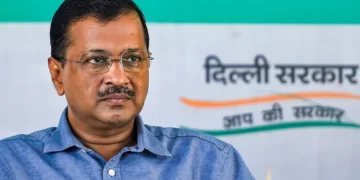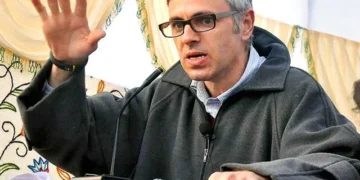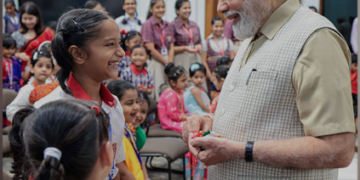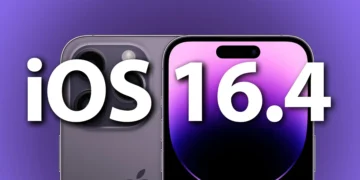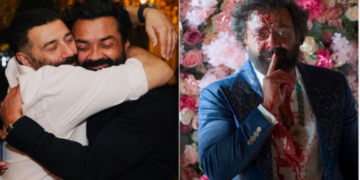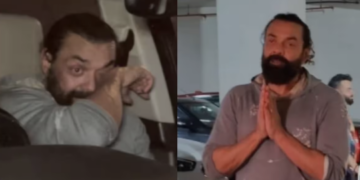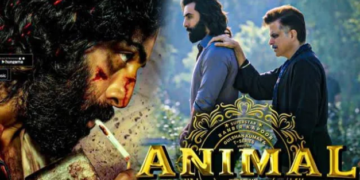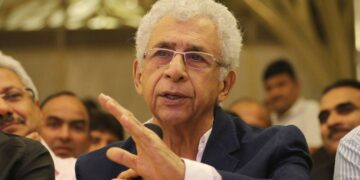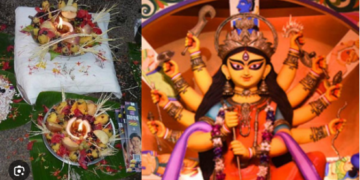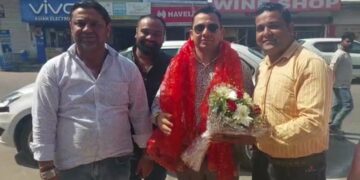National Youth Day is celebrated to mark the teachings and philosophy of Swami Vivekananda. A towering spiritual philosopher, Vivekananda, was born in 1863 in Kolkata and is credited for popularising the Vedantic ideas.
The birth anniversary of Swami Vivekananda is celebrated across India as National Youth Day, to honour one of the greatest philosophers and spiritual leaders. It also marks his ideas on how the young should participate in the modern world while upholding their values.
Prime Minister Narendra Modi is scheduled to virtually inaugurate the 25th National Youth Festival today in Puducherry on the occasion.
History of National Youth Day
The decision to celebrate Vivekananda’s birthday as National Youth Day was taken in 1984, and it was first marked on January 12, 1985.
The government had then said that the philosophy of Swamiji and the ideals for which he lived and worked “could be a great source of inspiration” for the Indian youth.
How National Youth Day is celebrated
The day is marked all over India at schools and colleges, with processions, speeches, music, youth conventions, seminars, Yogasanas, presentations, competitions in essay-writing, recitations and sports every year. But due to the ongoing coronavirus pandemic and the schools being shut, most of the events will be held in virtual mode.
At the Puducherry event, to be inaugurated by PM Modi, panel discussions on four identified themes: Environment, climate and SDG led growth; tech, entrepreneurship and innovation; indigenous and ancient wisdom; and national character, and nation-building.
The Prime Minister will also unveil chosen essays on two topics – “Mere Sapno ka Bharat” and “Unsung Heroes of Indian Freedom Movement”. These essays have been selected from submissions by over 1 lakh youth on the two themes.
About Vivekananda
Swami Vivekananda was the chief disciple of 19th century mystic and yogi Ramakrishna Paramhansa. He founded the Ramakrishna Math, a monastic order based on his guru’s teachings in Kolkata and a worldwide spiritual movement known as the Ramakrishna Mission based on the ancient Hindu philosophy of Vedanta.
Vivekananda is credited with contributing to a revival of modern Hinduism and inspiring nationalist consciousness during colonial rule. But he is best known for his famous 1893 speech where he introduced Hinduism to the Western world in Chicago.
Swami Vivekananda died on July 4, 1902.
Vivekananda’s influence
Vivekananda’s writings and teachings had an impact on many of India’s nationalist leaders, who were fighting against the colonial rule. Subhas Chandra Bose called Vivekananda “the maker of modern India” and Mahatma Gandhi credited Vivekananda’s with increasing his “love for his country a thousandfold”.


